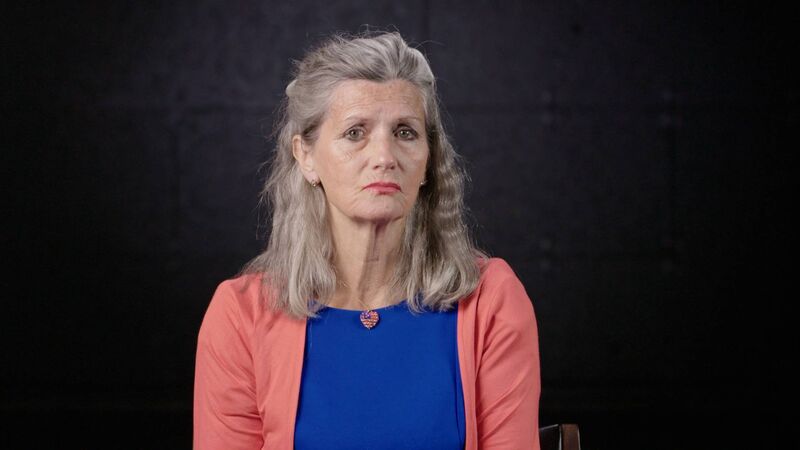‘We asked no questions’: New documentary hears from Magdalene laundry survivors

Gabrielle O'Gorman in Ireland's Dirty Laundry
More than 10,000 Irish girls and women were imprisoned and enslaved in Magdalene laundries over seven decades. A new documentary series will detail how survivors are still fighting for the care, redress, and acknowledgement promised to them.
Starting tonight on RTÉ, the first episode of contains shocking testimonies from the women who spent time in the laundries and highlights that this is not ancient history but a living memory.




